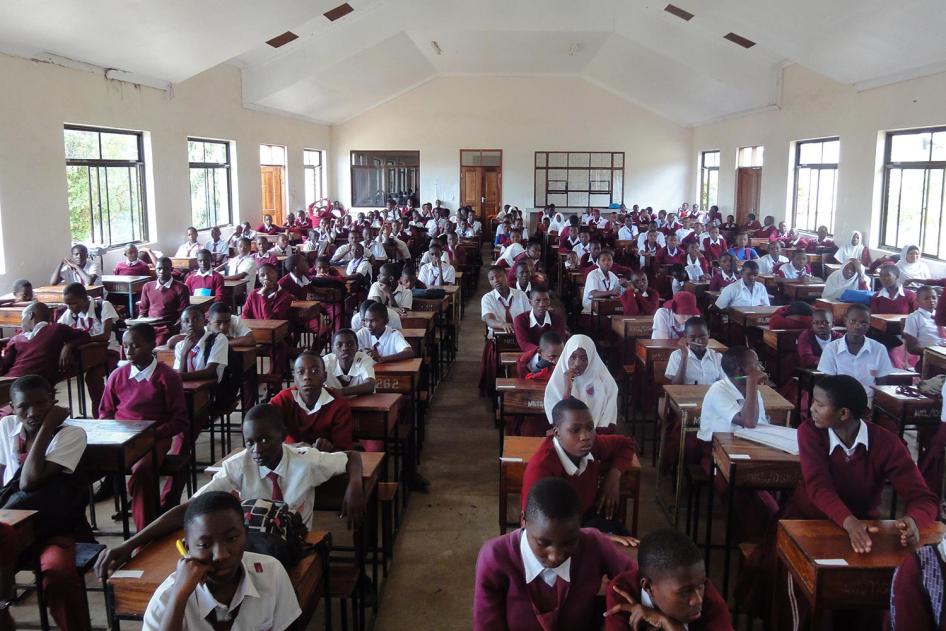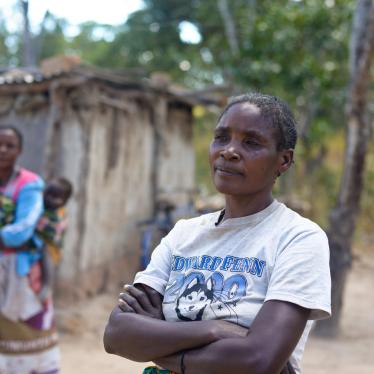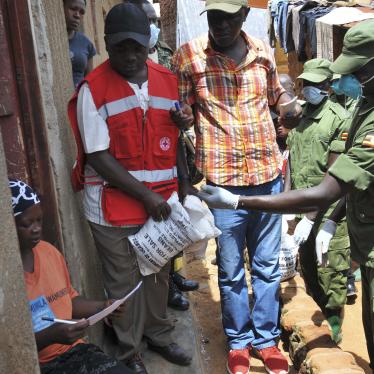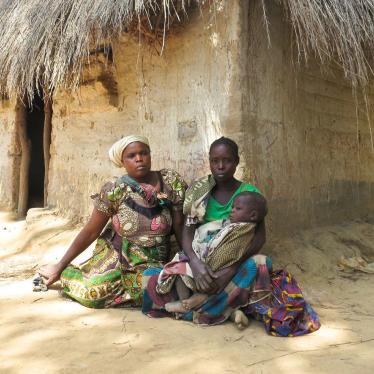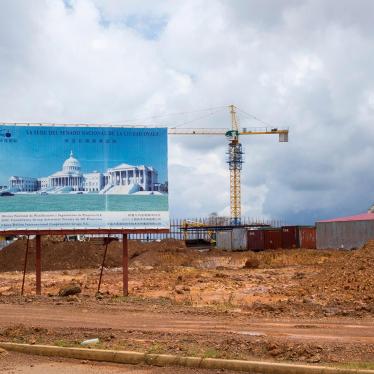“I liked to study so that I could have a broad mind. There was nothing I didn’t like to study. I had a dream of finishing school and going on to college, graduating and finding work.”
Like millions of adolescents in Tanzania, Imani, from Mwanza in northwestern Tanzania, wanted to study hard and to graduate, find a job, and support herself and her family.
From the age of 14, she travelled more than an hour and a half every morning to reach her secondary school. It was tiring, but Imani was motivated by her dream of becoming an accountant.
Her dreams were shattered at the age of 16, when a secondary school teacher that her parents hired to tutor her sexually abused her. He disappeared after Imani informed him she was pregnant. She was expelled from school after a routine mandatory monthly pregnancy test.
A new Human Rights Watch report — I Had a Dream to Finish School: Barriers to Secondary Education in Tanzania — takes a hard look at secondary education in Tanzania. Over five million children aged 7 to 17 are out of school, including nearly 1.5 million of lower secondary school age.
Formal vocational training is often unavailable. In 2013, Tanzania ranked 159th out of 187 in the United Nations’ global education index, which measures mean years of schooling and expected years of schooling.
Tanzanian children miss out on education for a number of reasons, including financial problems, long distances to schools, endemic corporal punishment, or because they failed the primary school-leaving exam.
Government policy does not allow students to retake the exam, essentially blocking them from entering secondary school.
Girls face additional obstacles, including negative attitudes about the value of educating girls, sexual harassment, and expulsion of those who become pregnant.
Although there is near gender parity in Form One enrolments in Tanzania, fewer than a third of girls who complete primary end up completing lower-secondary school.
Despite these grim statistics, Tanzania is taking action to correct this situation and help more children attend secondary school. One important step was the abolition of all school fees for lower secondary education over a year ago, which the government says has significantly increased enrolment.
The government is also committed to building more schools and improving the quality of learning, although there have been delays in implementation.
Unfortunately, these laudable efforts stand in sharp contrast to Tanzania’s failure to reverse policies that allow and even encourage schools to discriminate against female students and tolerate impunity for sexual harassment and abuse against girls.
Almost two out of five girls marry before they reach 18, and the routine expulsion of married girls means that is usually the end of their education.
Tanzanian schools also routinely force girls to undergo pregnancy tests and expel those who are pregnant, often bringing a permanent and premature end to their education. Some pregnant girls drop out because they fear expulsion.

